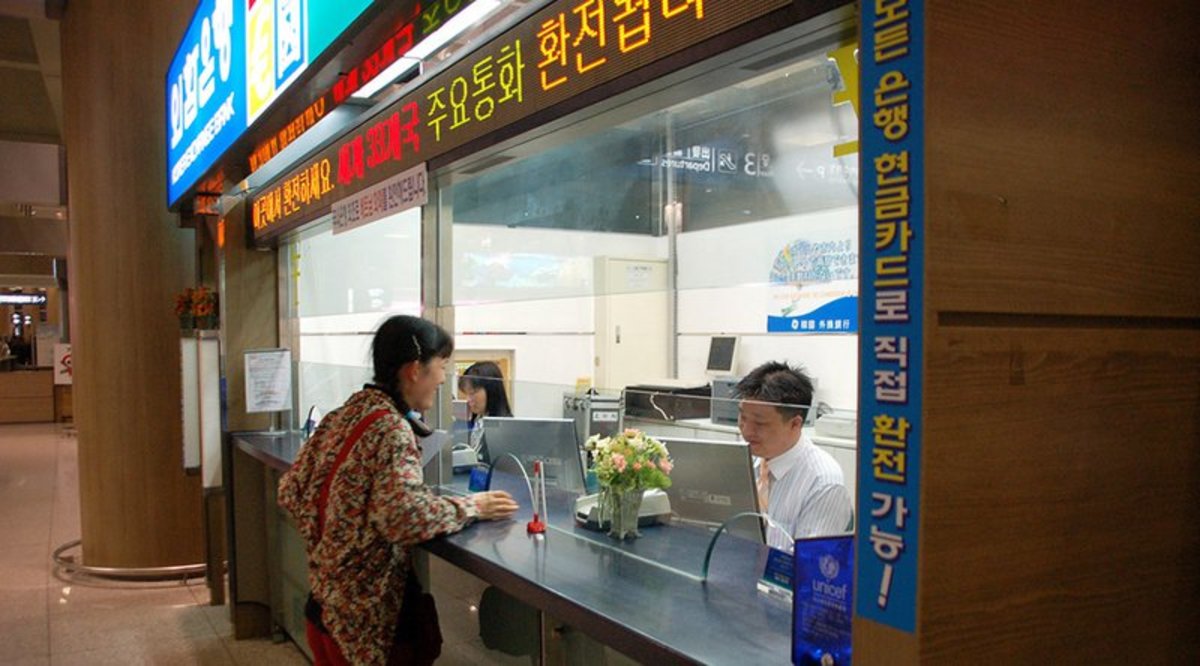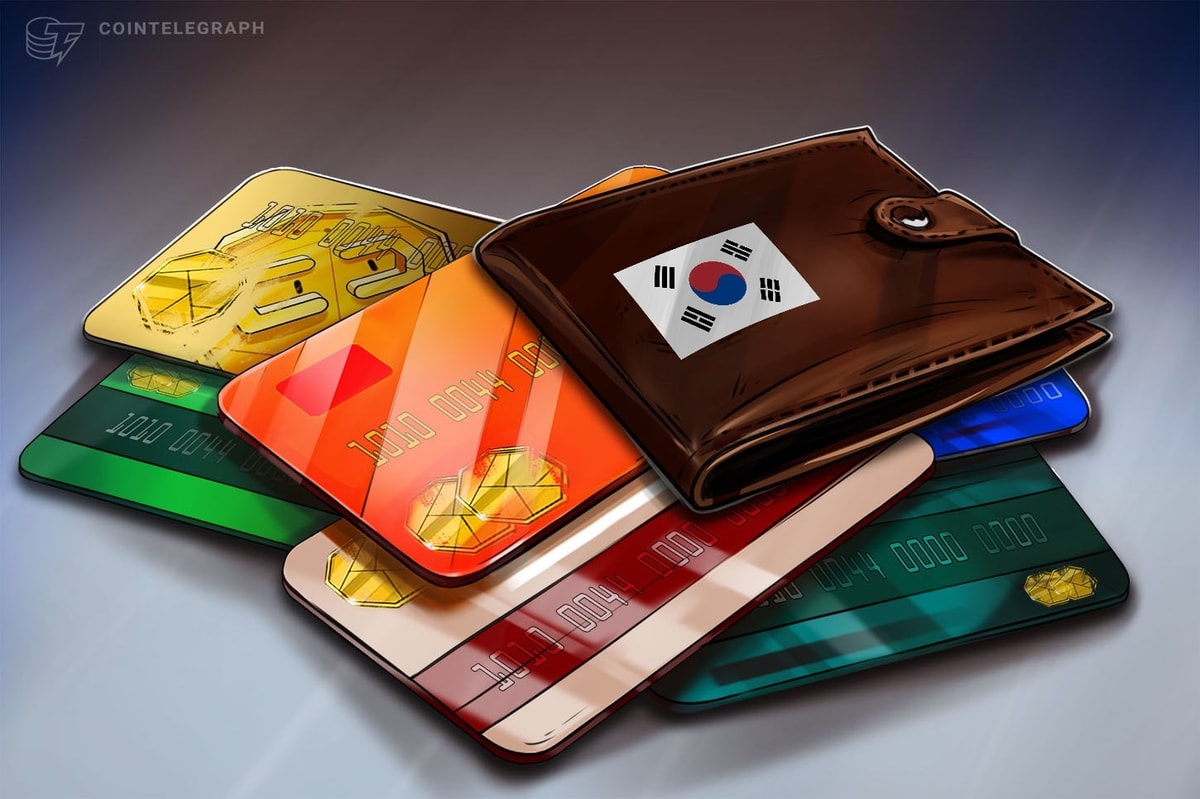
Kookmin Bank, one of South Korea’s largest commercial banks and one of the four largest financial institutions in the country by asset value, has secured a partnership with Bitcoin wallet service and merchant payment solutions provider Coinplug to develop a blockchain-based foreign exchange business model.
The bank will collaborate closely with Coinplug, which registered several blockchain technology patents under its name, to use the blockchain network to prevent counterfeit of electronic documents and reduce cost in securing data.
Over the past few months, an increasing number of the world’s leading multi-billion dollar banks and financial establishments have begun to use the blockchain technology, specifically the Ethereum blockchain network, to settle borderless payments, remittances and bank-to-bank payments with substantially lower transaction costs and improved security.
The R3 consortium most notably established an Ethereum-based cross-banking platform in which 11 banks, including HSBC and Wells Fargo, successfully connected to the shared permissioned blockchain to settle remittances and transactions among each other securely with low costs.
“We'd done the (connectivity testing) so many times internally. We didn't have time to join in. Just too many things we've been working on,” said State Street senior managing director Hu Liang. “The next version of testing, which is a series of two tests, we'll be a part of,” he added.
Similarly, Kookmin Bank is on joint development with Coinplug to develop a blockchain-based platform that enables efficient international remittance payments. By establishing a distributed ledger-based banking and remittance network, the bank aims to offer customers and its clients faster and more robust foreign exchange services in Asia.
The bank also will develop a blockchain-based public network to support overseas fund transfer and data storage service for online bank account verification. Kookmin Bank understands that the blockchain network’s irrefutable and transparent nature enables anyone on the network to encrypt and secure data quickly, without the involvement of an intermediary or a third-party application. Using this advantage of the blockchain technology, the bank plans to implement Bitcoin’s underlying technology in various banking platforms and technologies.
“The blockchain technology is a new trend, and we are trying to adopt this technology in a low level of data integrity platform,” said a Kookmin Bank representative. “We are planning to escalate our services further to provide more secure and comfortable financial services for our customers.”
In the near future, Kookmin Bank and Coinplug will push the development of an overseas remittance platform, in which the bank’s customers and institutional clients will not be required to receive confirmations from banks and mediators.
The traditional bank-based remittance payment network requires the presence of both the applicant bank and the beneficiary bank. For example, if Alice wants to send Bob $50,000 from a Kookmin Bank account to a JP Morgan bank account, the applicant bank (Kookmin Bank) will have to contact the beneficiary bank (JP Morgan) within the SWIFT network to confirm the international remittance payment. However, the involvement of both banks as intermediaries will increase the transaction cost of the remittance payment, making the payment much more expensive and inefficient compared to a transaction settled on the blockchain.
Over the next few months, Kookmin Bank will work closely with Coinplug to disrupt Asia’s finance industry with a next-generation blockchain-based payment system.
Photo m-louis / Flickr(CC)










